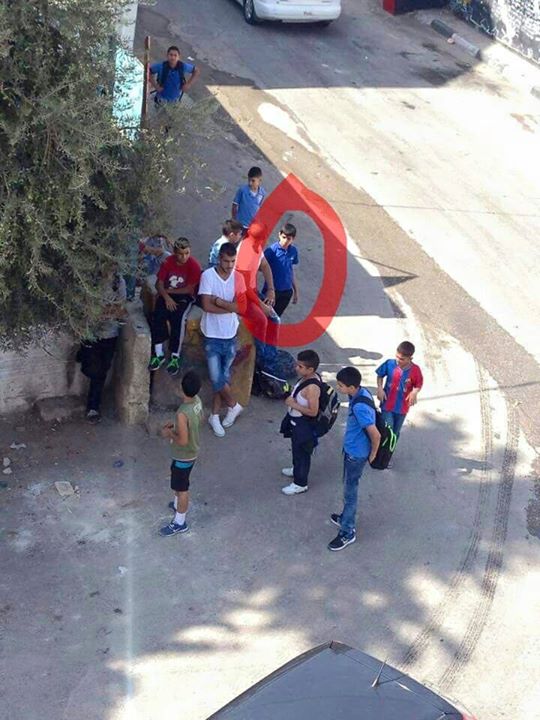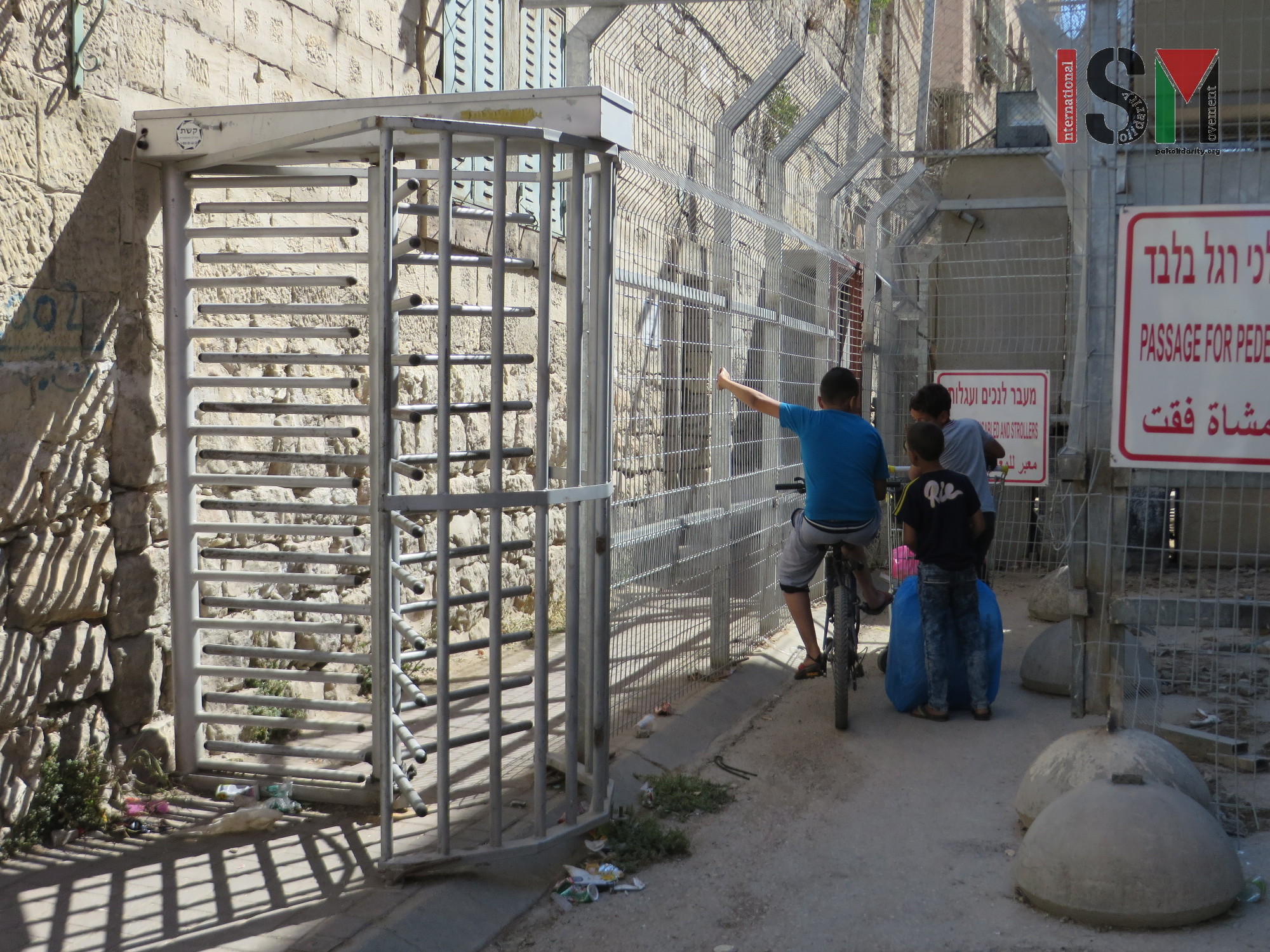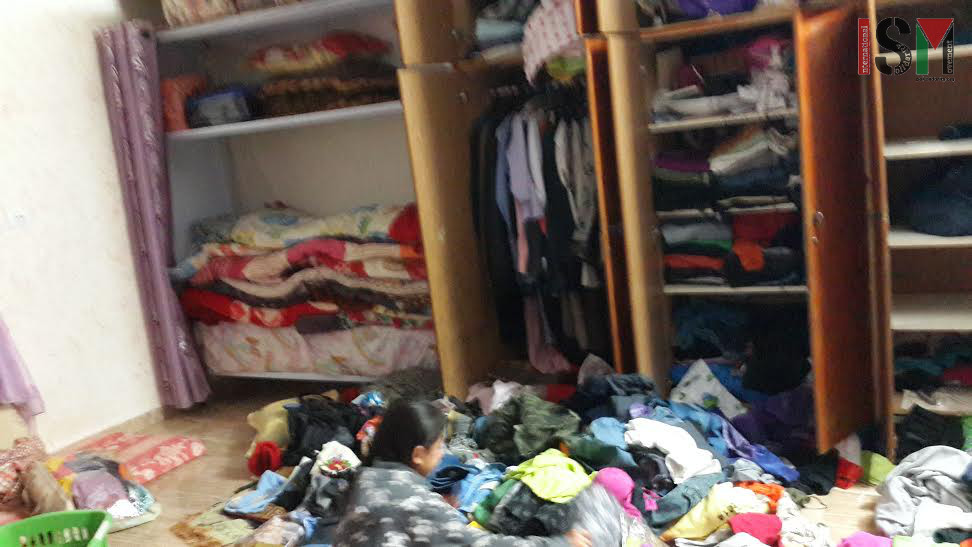Tag: Night Raid
-
12 year old Palestinian killed in Bethlehem as violence explodes across the West Bank
5th October 2015 | International Solidarity Movement, Al-Khalil team | West Bank, occupied Palestine Abed al-Rahman Shadi Obeidallah, 12 was still in his school uniform when he was rushed in a civilian car to Beit Jala hospital from Aida refugee camp in Bethlehem today. The boy, from from a Al Kahder village, was shot in the…
-
Israeli forces targeting Palestinian children in al-Khalil (Hebron)
Everyday, Palestinian families get attacked by Israeli forces in their own homes. Sometimes they bang on the door in the middle of the night, scaring children and adults, ransacking the house. On some of these raids, both during the night and in daytime, Israeli forces randomly arrest family members and take them to an unknown…
-
Nablus family home suffers brutal Israeli night raid
15th July 2015 | International Solidarity Movement, Nablus Team | Awarta, Occupied Palestine On Sunday, July 12, at 1:30 am, a group of 40 Israeli soldiers came into the village of Awarta circling and raiding the home of 22 year old Izzat Qawariq right before the family was preparing to go to sleep. His cousin…



